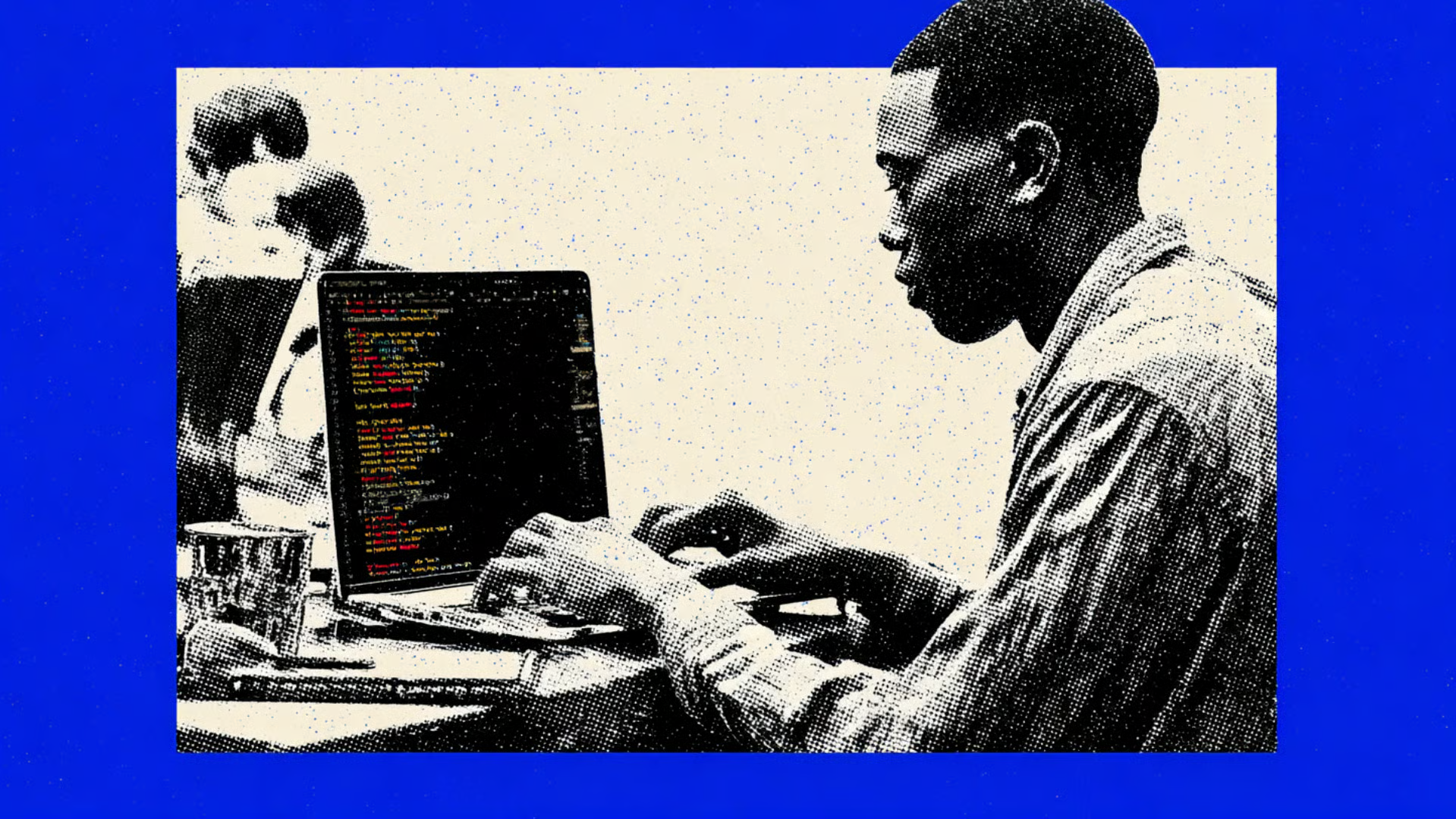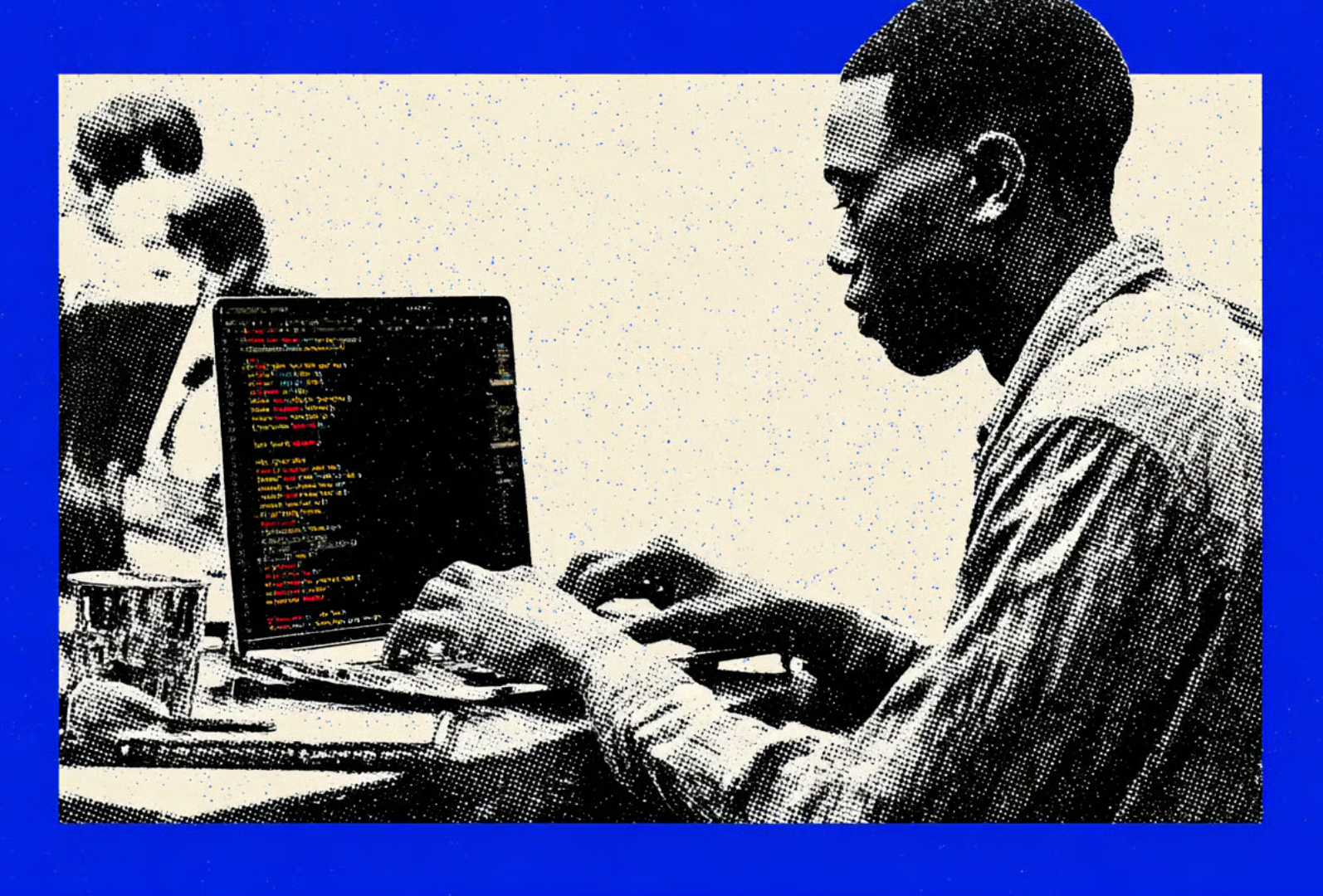Developers are becoming more confident in their AI coworkers.
A recent survey of nearly 5,000 software developers revealed that 90% are using AI tools, according to Google’s State of AI-assisted Software Development report. These developers are using these tools for a median of two hours per day.
According to the report, some of the top reported use cases included:
- Writing new code (71%), modifying existing code (66%) and writing documentation (64%)
- Additionally, maintenance tasks, such as debugging (59%), code review (56%) and maintaining legacy code (55%) were commonly reported uses of the tech
Around 65% reported “heavily” relying on AI for software development, while 37% reported a “moderate amount” of usage, despite the fact that roughly 30% of respondents said they don’t entirely trust the technology.
While the majority of respondents reported creating better quality code at a faster rate, developers face the “speed versus reliability tradeoff,” said Bob Rogers, chief product and technology officer of Oii.ai and co-founder of BeeKeeper AI. The more these tools scale, the harder it can be to track when things go wrong.
For now, however, letting AI take the reins entirely is still not very popular: Around 61% of respondents reported never interacting with AI tools in an agentic mode, likely reflecting the fact that agents are still relatively nascent.
Still, as companies seek to cut costs, tools like this threaten to flip the employment landscape on its head, Rogers said. AI tools can enable startups to operate with leaner workforces and allow larger enterprises to avoid filling certain roles after reorganization. Rather than building tools themselves, software developers’ roles may shift to helping facilitate where these AI-built tools fit in, he said.
“There's going to be a lot of need for people with software engineering understanding to be making sure all the pieces sew together properly,” Rogers said.




